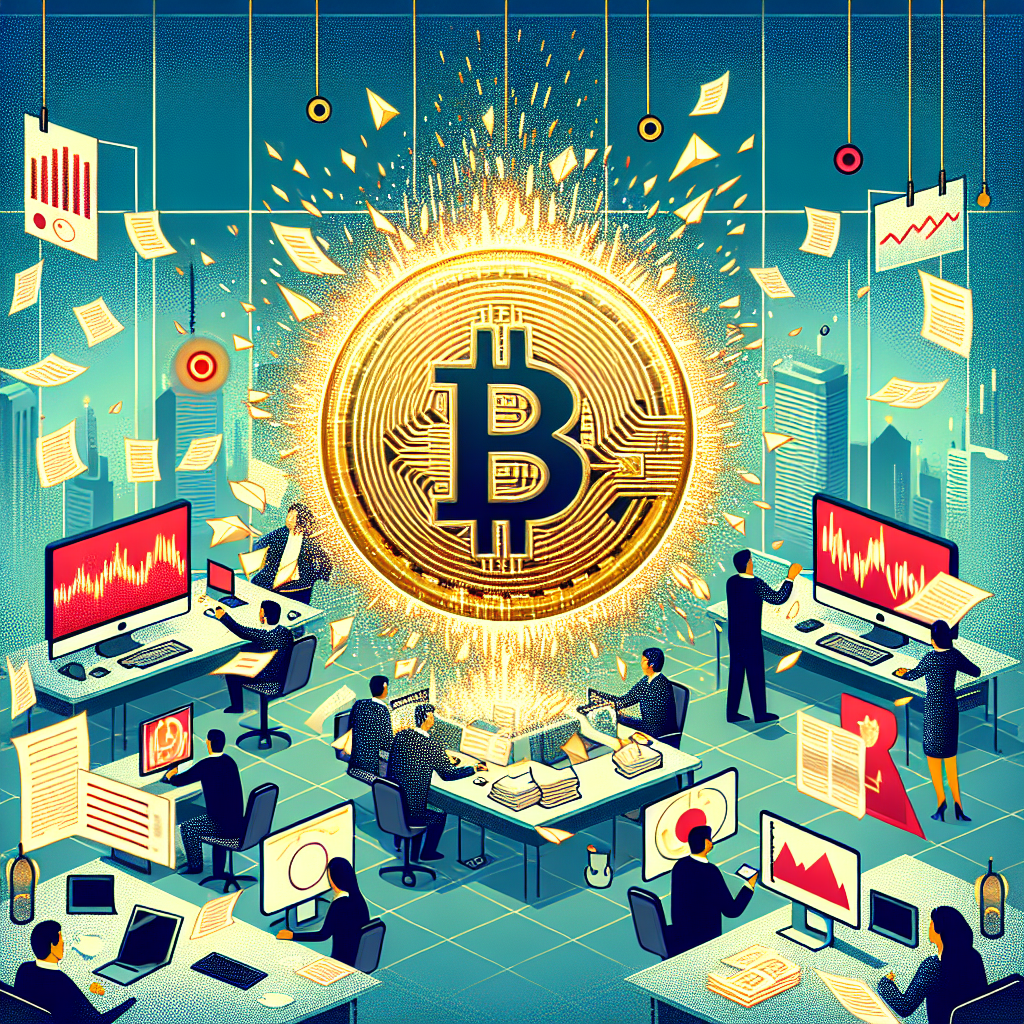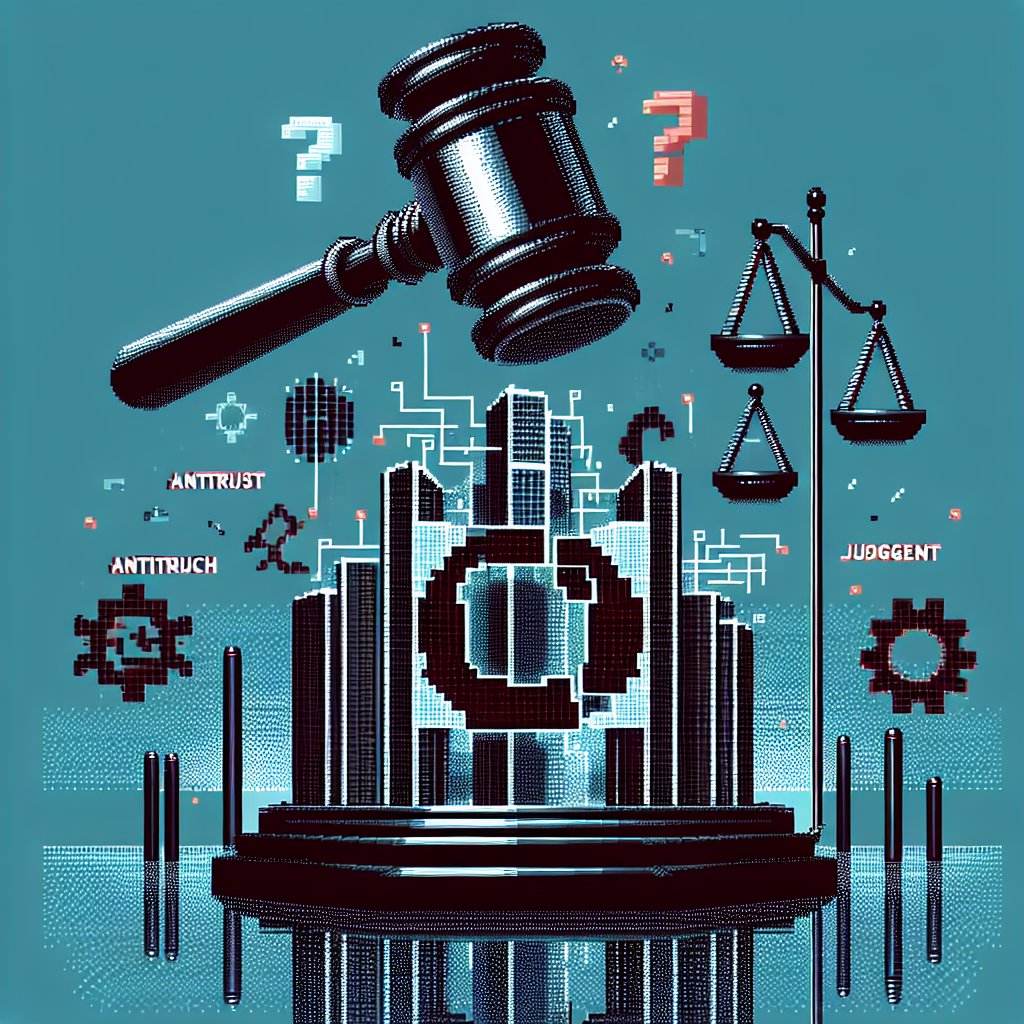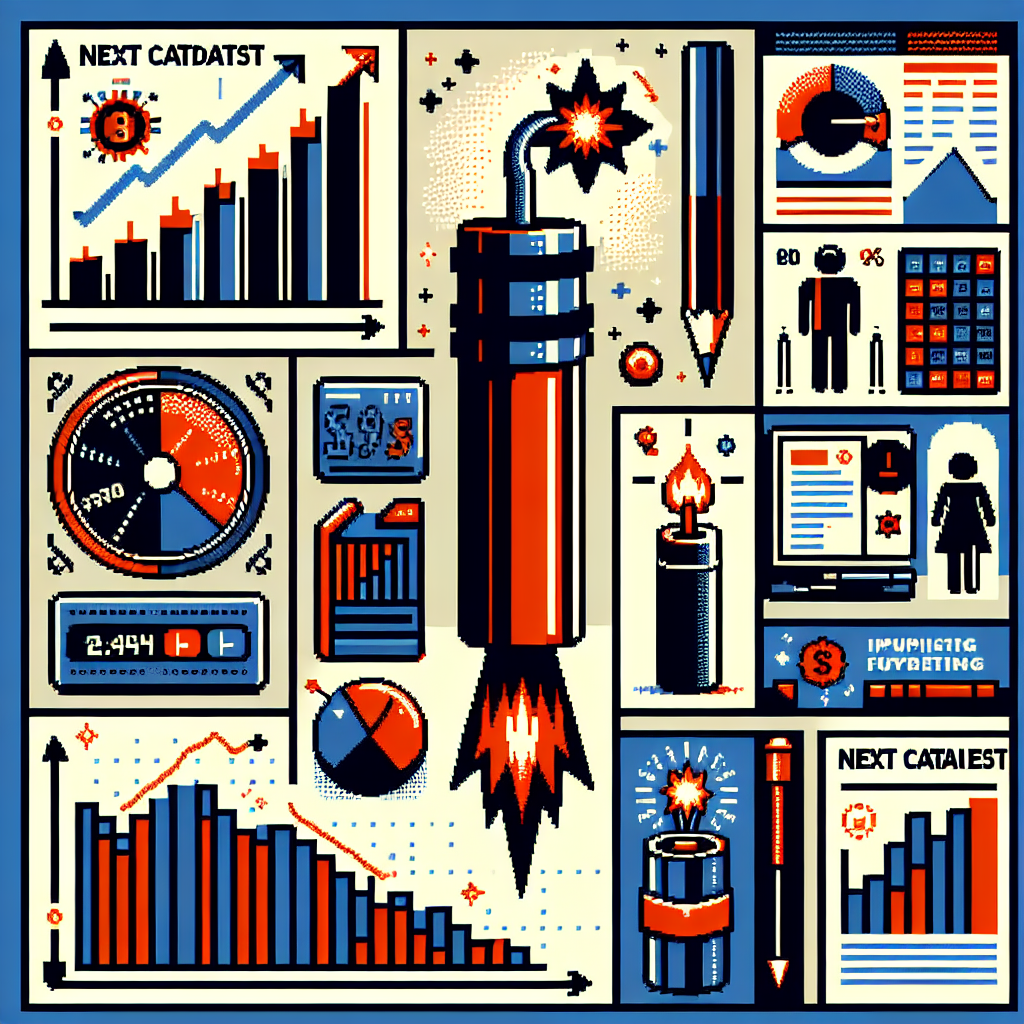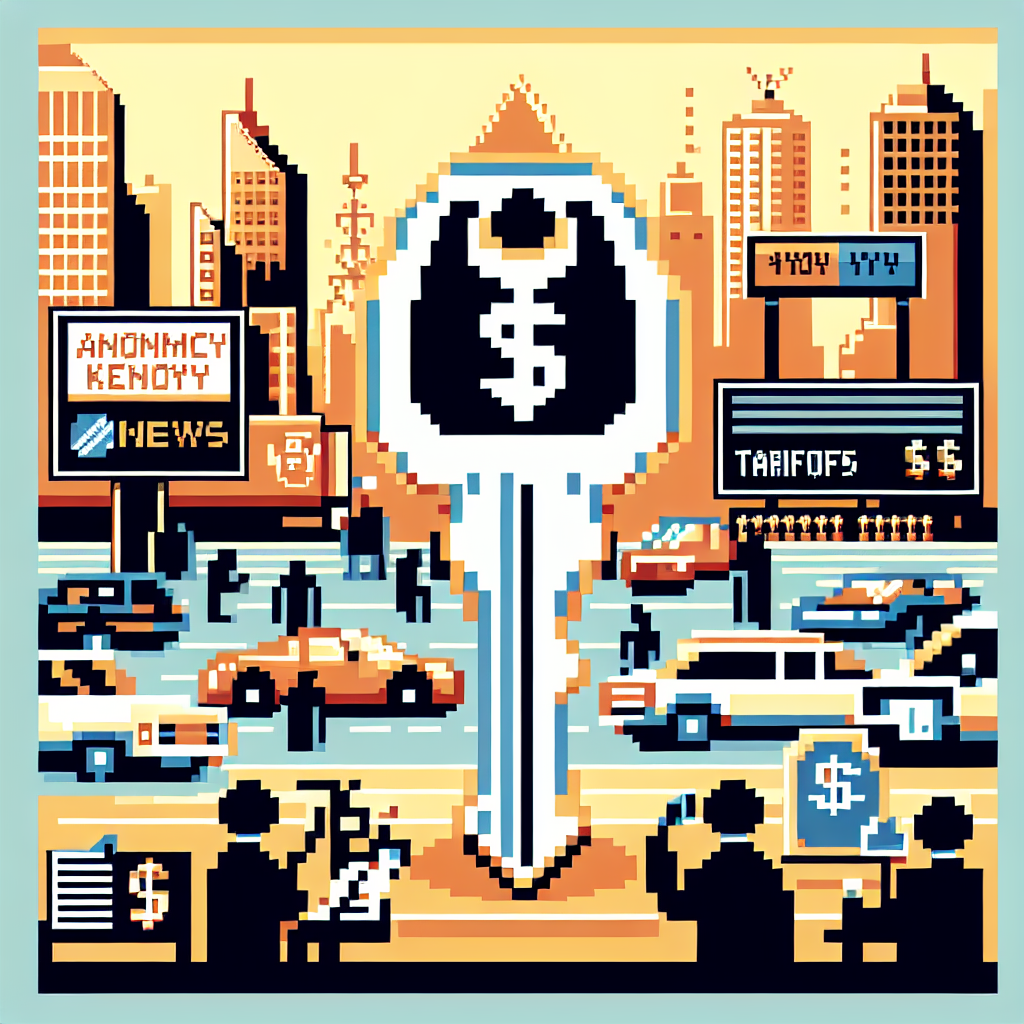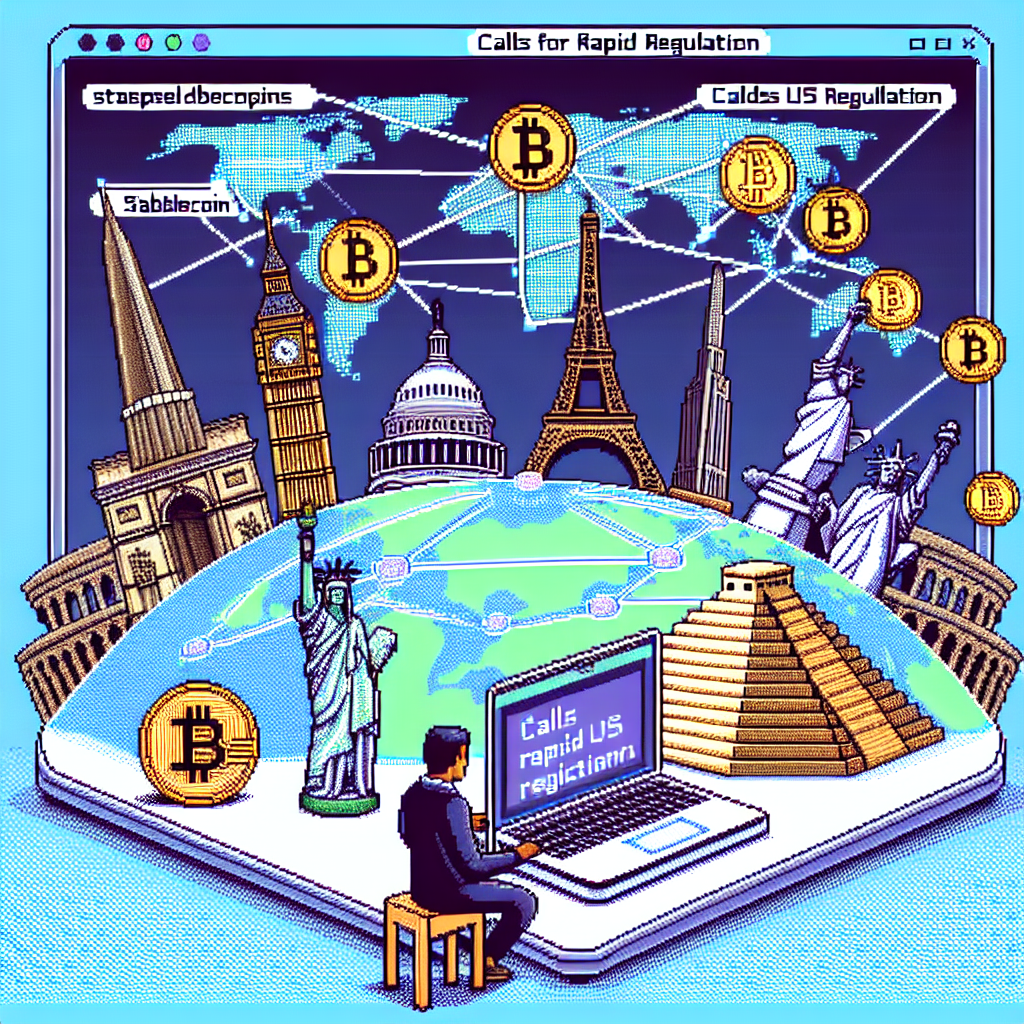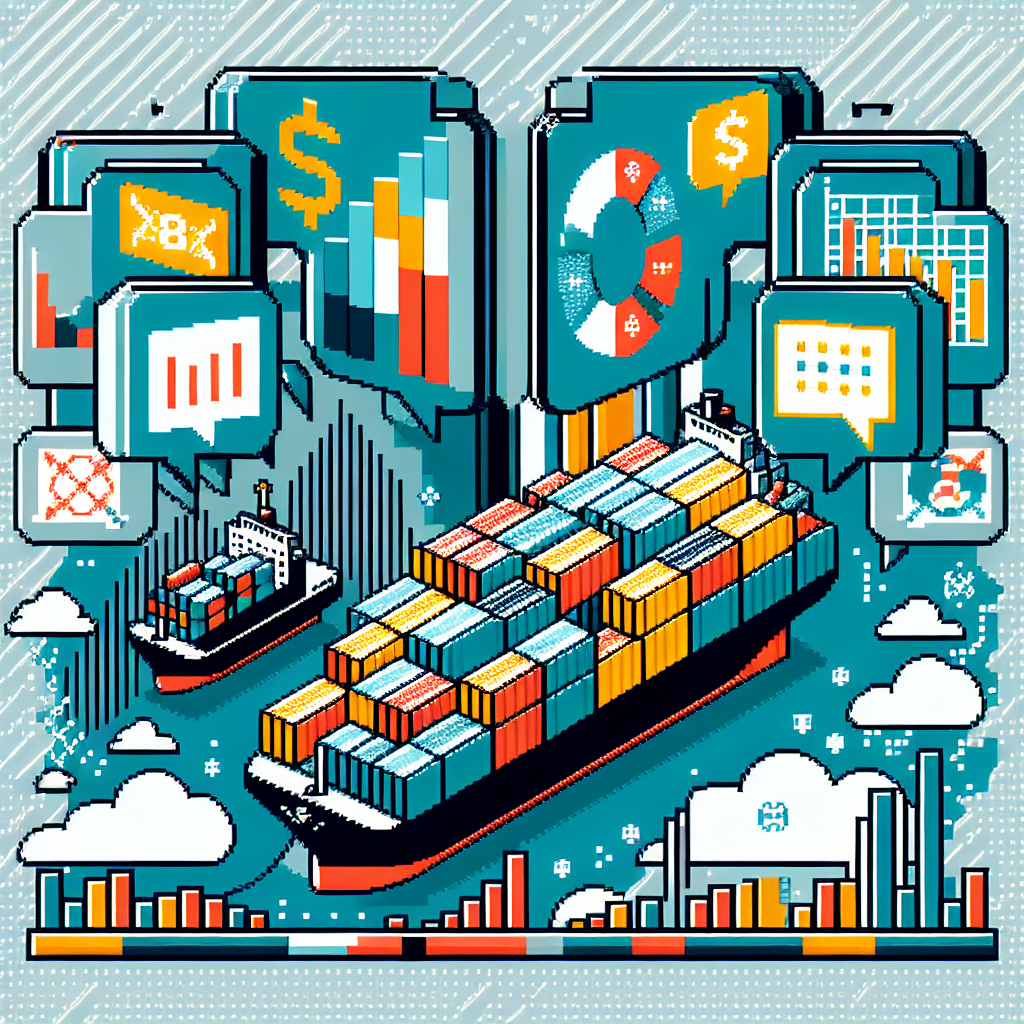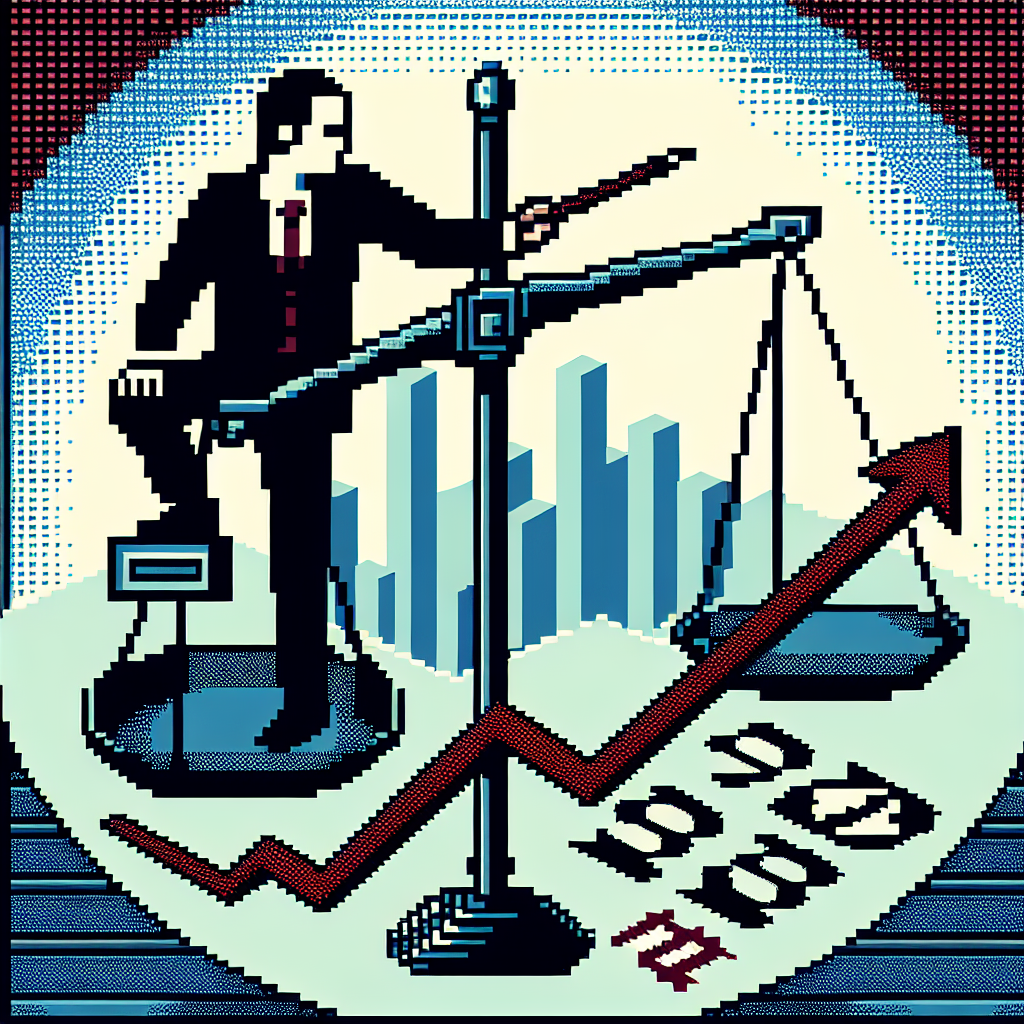Trump’s tariffs may mean Walmart shoppers pay more, his treasury chief acknowledges - AP News | Analysis by Brian Moineau
Title: Tariff Tensions at the Checkout: What Trump's Trade Decisions Mean for Walmart Shoppers
In the ever-evolving arena of international trade, it seems that every decision made at the highest levels can ripple down to the most ordinary places—like the aisles of your local Walmart. Recently, Treasury Secretary Scott Bessent acknowledged that the costs of President Donald Trump's tariffs might soon be felt in the pocketbooks of everyday Americans. His conversation with Walmart, the largest U.S. retailer, highlighted a potential increase in prices as these tariffs take hold.
Why Tariffs Matter to Shoppers
Let's break it down. Tariffs are essentially taxes on imported goods. When a country like the U.S. imposes tariffs, it makes those imported goods more expensive. In theory, this should encourage consumers to buy more domestically-produced products. However, in practice, it often means that companies like Walmart might have to pass some of those additional costs on to shoppers. As Bessent pointed out, this is a real possibility as Walmart navigates the financial implications of these trade policies.
Walmart's Global Footprint
Walmart is not just any retailer; it's a global powerhouse with an intricate supply chain that spans the globe. From electronics to groceries, many of the products lining Walmart's shelves are sourced internationally. This means that tariffs on imports from countries like China could hit Walmart particularly hard, affecting everything from the price of avocados to the latest tech gadgets.
A Step Back in Time: Trade Wars and Their Consequences
The notion of using tariffs as a tool for economic strategy is far from new. History has shown us varying results. For instance, the Smoot-Hawley Tariff Act of 1930 is often cited as a contributing factor to the Great Depression. While the context today is different, it serves as a reminder of the potential ramifications of trade wars.
Connecting the Dots: Global Trade Tensions
While Walmart shoppers might be concerned about their grocery bills, the broader implications of these tariffs are being felt worldwide. Countries retaliate with their own tariffs, leading to a domino effect that affects global markets. It's not just about the price of a toy at Walmart; it's about how nations are jockeying for economic advantage in an increasingly interconnected world.
Scott Bessent: The Man Behind the Acknowledgment
Scott Bessent, stepping into the role of Treasury Secretary, brings a wealth of experience from both the public and private sectors. Known for his analytical skills and understanding of complex economic systems, Bessent is no stranger to the challenges of navigating international trade. His acknowledgment of the potential impact on Walmart shoppers shows a pragmatic approach to addressing the economic realities of tariff policies.
Final Thoughts
As we navigate these choppy economic waters, it's crucial to remember the interconnectedness of global trade and local economies. While tariffs may aim to bolster domestic industries, the immediate impact on consumers cannot be ignored. As shoppers, staying informed and adaptable is key. Whether it's choosing to support local businesses or adjusting shopping habits, every choice contributes to the broader economic tapestry.
In the end, it's a reminder that while the decisions made in the corridors of power may seem distant, their effects are as close as the local Walmart checkout line. As we move forward, the balancing act of protecting domestic interests while managing global relationships will continue to define the economic narrative.
Read more about AI in Business


